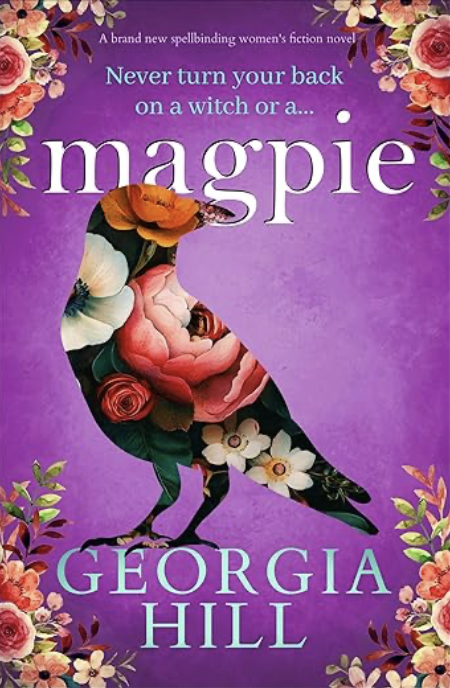Yo’am awlright aer kid?
Allo me duck.
Aw, cariad bach.
I love words. Well, you’d hope I would seeing as I write for a living. I love the sound and the feel of them in your mouth when you say them. Tinsel sounds exactly what it’s like – hard and metallic and shimmery. Flange gives your tongue and bottom lip a real workout (try it!) and daffodil is simply happy and yellow.
I’ve lived in lots of different parts of the UK. Wherever I am, I love to earwig. I love hearing the different phrases, the cadences of speech, the accent and dialect words.
I was born and grew up on the edge of the Black Country, a deeply industrial part of the midlands. My grandparents had strong local accents and used dialect words. Sadly, I’ve forgotten most of them but distinctly remember my maternal grandmother using ‘wheej’ as a contraction for ‘which one?’
(By the way, I’m using phonetic spellings, as I’m not sure there is a written standard spelling. I’m happy to be corrected though.)
Dad commented rudely, when Mum sang along to Sing Something Simple on Radio Two that it was like ‘a gleed under the door.’ A gleed being a draught! Black Country folk are cautious with their praise. If anything is good, it’s deemed ‘awlright.’ If ‘bostin’ is used, then something is really fantastic! Dad always maintained the dialect had its origins in Anglo Saxon. ‘Babby’ or baby, has its roots in the Anglo Saxon word ‘babben’ and the word ‘wench’ meaning a girl, comes from ‘wencel’ meaning child, so maybe there’s something in his theory.
I went to university in south Wales and was introduced to the wonderful Welsh language – sheer poetry. Even now, hearing someone speak it melts me. Harri Morgan, the Welsh TV presenter in the first Sequins book, is a Welsh speaker. He proved very popular with readers. If the endearment ‘cariad bach’ or ‘dear love’ is whispered in your ear, it’s very seductive! I must write another Welsh hero …
Less seductive was the rain. In my first term, several students left, as they couldn’t cope with the endless downpours. On my way from halls to town, I frequently passed an old lady leaning on her gate. She used to smile and nod at the heavens, uttering, ‘there’s weather for you.’ As indeed there was. I grew up with weather related sayings such as, ‘there’s enough blue to make a sailor a pair of trousers’ and ‘it’s a bit black over Bill’s mothers.’ Quite who Bill was, the location of his mother’s house and why the weather was always so bad over it remains a mystery.
I lived in London for ten years and became accustomed to being hailed with a cheery, ‘alright darlin’?’ I married a man from the Potteries and got used to his relatives greeting me with ‘allo me duck,’ (the H doesn’t seem to exist in the Stoke on Trent alphabet). And here, in Herefordshire, you’re always ‘my lovely.’ Very handy if you’ve forgotten a name! If you’re not from the county, you’re ‘from off.’ When writing Stan’s speech in While I Was Waiting, I put in a smattering of ‘yersen.’ As well as being my favourite character in the book, he’s strongly Herefordian and I wanted to demonstrate that.
Back to the Black Country and you might be met with an ‘awlright me luvva.’ Bonk doesn’t mean what you think but is a steep hill and ‘tiswas’ isn’t a Saturday morning TV show from the 70s but getting confused, as in ‘getting in a right old tiswas.’ I frequently get in a tiswas when Mum refers to gooseberries as ‘goozgogs.’
Researching Devon dialect words for the work in progress, I’ve become entranced by ‘popples’ for pebbles, the insult ‘gurt mumpaid’ and ‘shamfered up’ meaning drunk!
I’m sure you have your own favourite words and phrases from childhood, or from your adopted home. If so, I’d love to hear them.
But, for now, it’s ‘nos da’ or a ‘tarra a bit’ from me.
Love,
Georgia x

